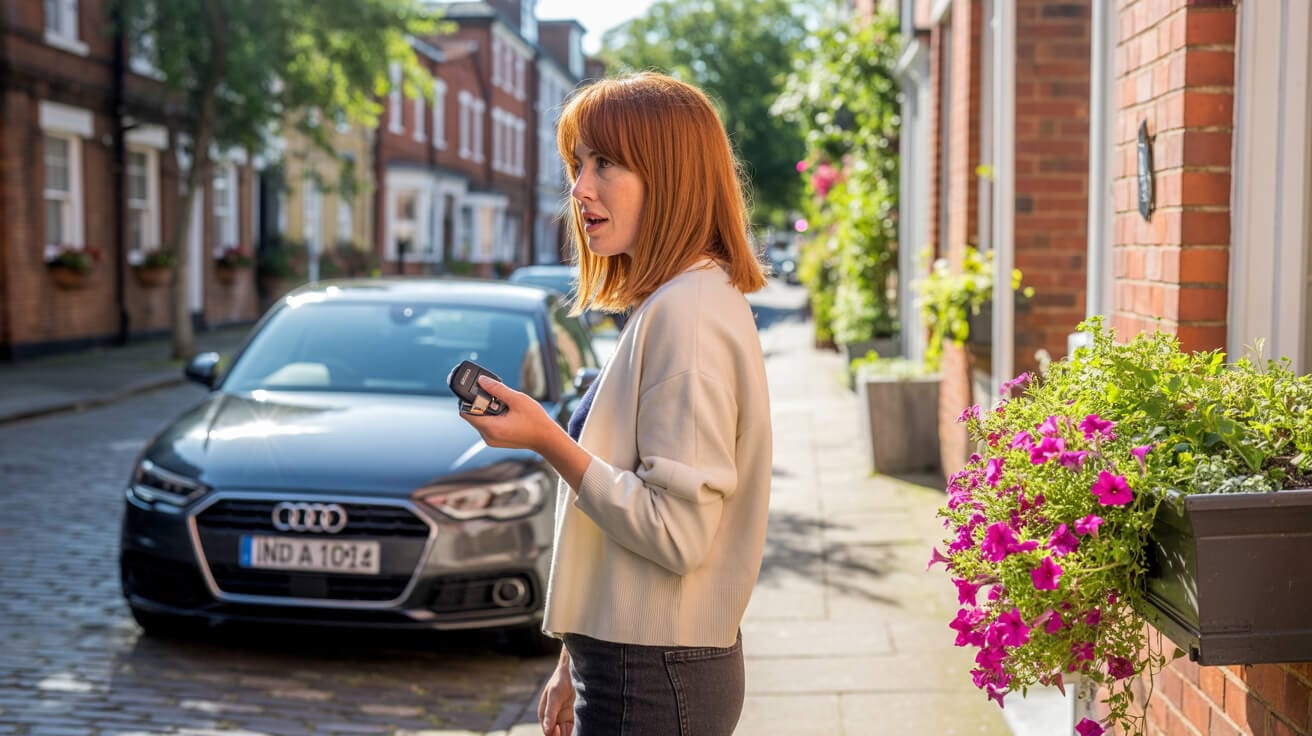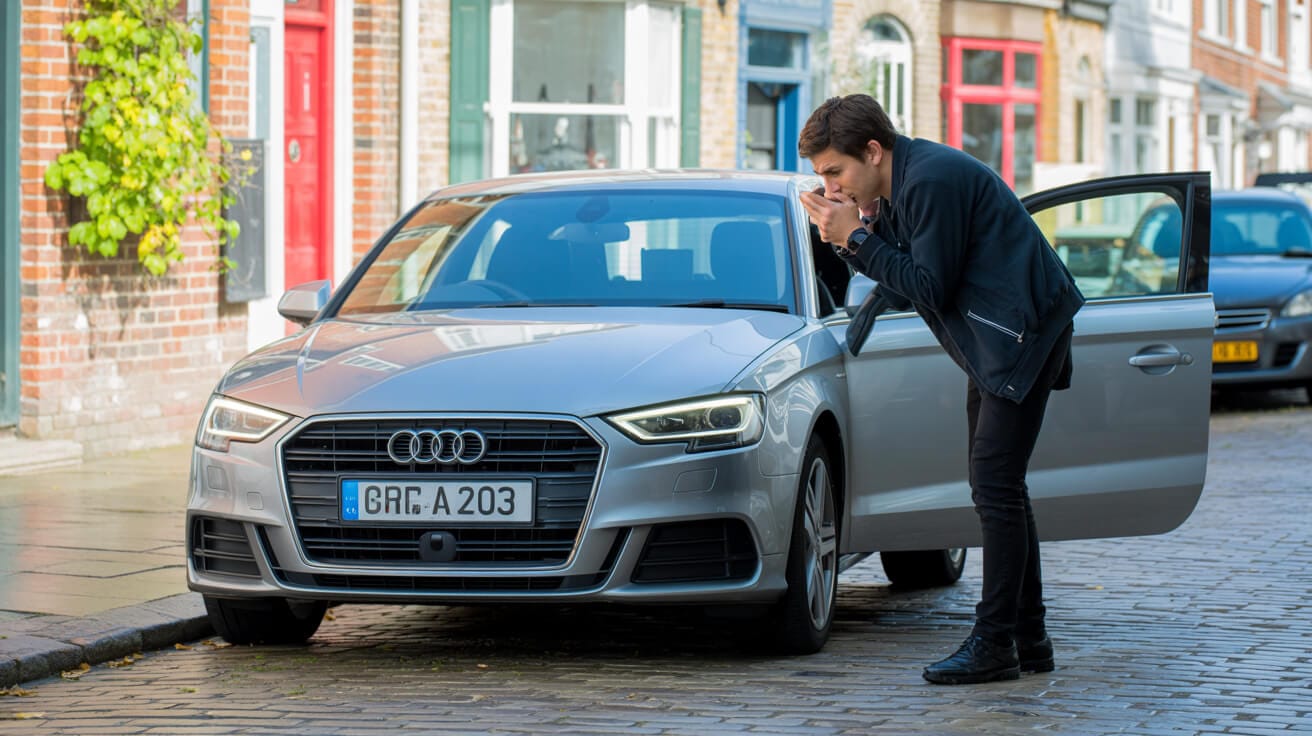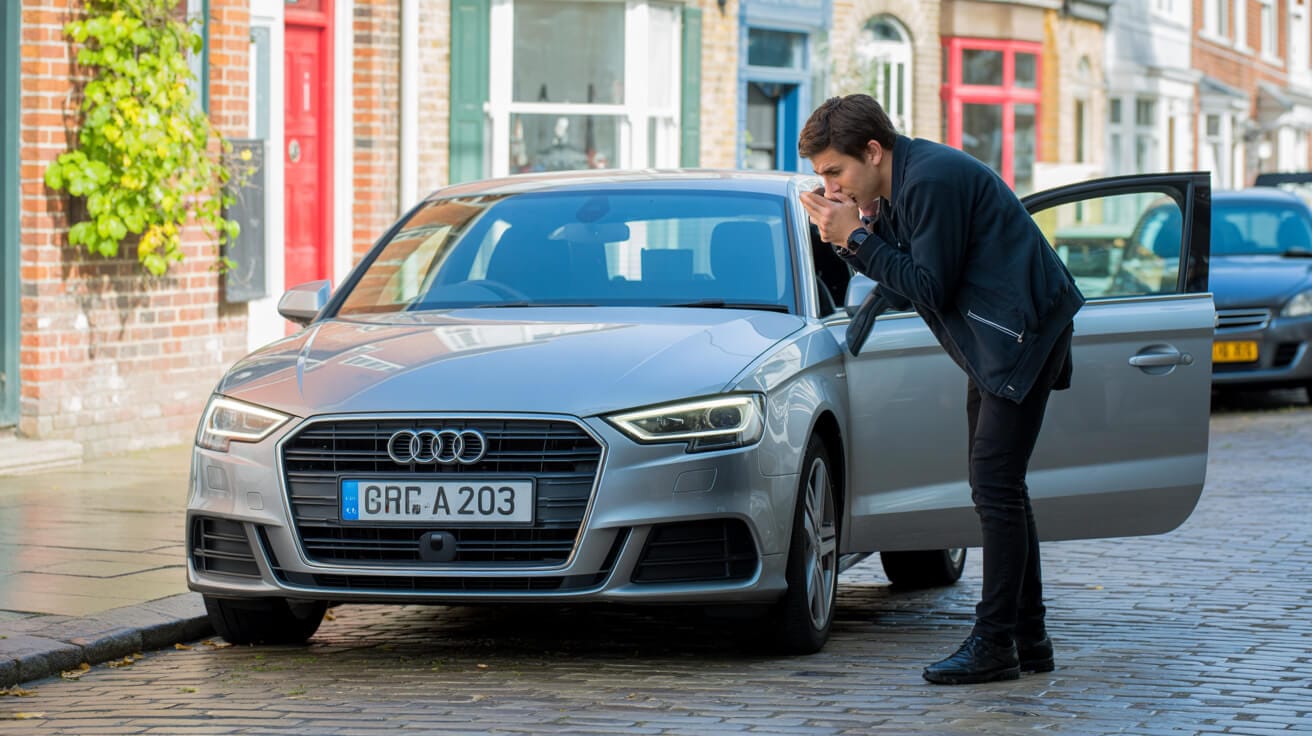How Did Tags Evolve from Simple Labels to the Backbone of Modern Identity and Security?
Tags have shifted from simple paper labels to powerful tools that connect physical objects and digital services, making them essential to everything from everyday convenience to high-value security. Today, tags link your keys, vehicles, devices, and even your online profile—quietly shaping access, discovery, and trust across modern life.
At first, a tag was just a bit of annotation—something you’d find on a suitcase, a shop shelf, or a bunch of replacement keys. Over decades, those labels integrated with systems that track, secure, and identify nearly every important object you own. Barcode and RFID tags make products traceable and protect against theft; digital tags stitch your photos, documents, and online accounts into massive, searchable networks.
Clarity anchors progress. The best innovations make complexity seem effortless.
What Drove the Leap from Paper Tags to Universal Digital Tools?
As the world sped up, businesses needed better ways to track items and prove authenticity. Barcode systems turned every product into a scannable record. Radio-frequency identification (RFID) and Near Field Communication (NFC) tags enabled real-time inventory and theft prevention—even in chaotic retail environments. Today, smart tags inside car keys or cards use encrypted radio signals (LF, EU433 MHz, BLE, UWB) so only authorised users can unlock or start vehicles.
The digital side grew just as fast: “tags” in apps and online platforms sort billions of files, messages, and transactions, keeping order when raw volume could otherwise swamp both companies and consumers. Whether you’re searching for a saved conversation, finding your car in a car park, or accessing secure doors at work, tags are doing the invisible heavy lifting.
How Do Tags Blend the Physical and Digital—Especially for Car Keys, Access Systems, and Data?
Physical tags like barcodes, QR codes, and RFID chips act as digital bridges between objects and information systems. Automotive security, for instance, now relies on credentialed tags programmed into chips inside your car key (transponders), or on digital keys stored in your phone and secured with biometrics or encrypted tokens. Software tags—keywords, metadata, hashtags—allow computers to organise, match, and retrieve vast stores of information, driving everything from vehicle diagnostics to secure logins.
When you use your car’s key fob or smart app, you’re relying on a carefully programmed set of tags: the right chip delivers just enough information to verify your identity, permit access, and log the interaction. That’s why only specialists—like Autolocks Ltd—can safely programme or replace these next-generation credentials.
How Do Tags Shape Communication, Search, and Reputation?
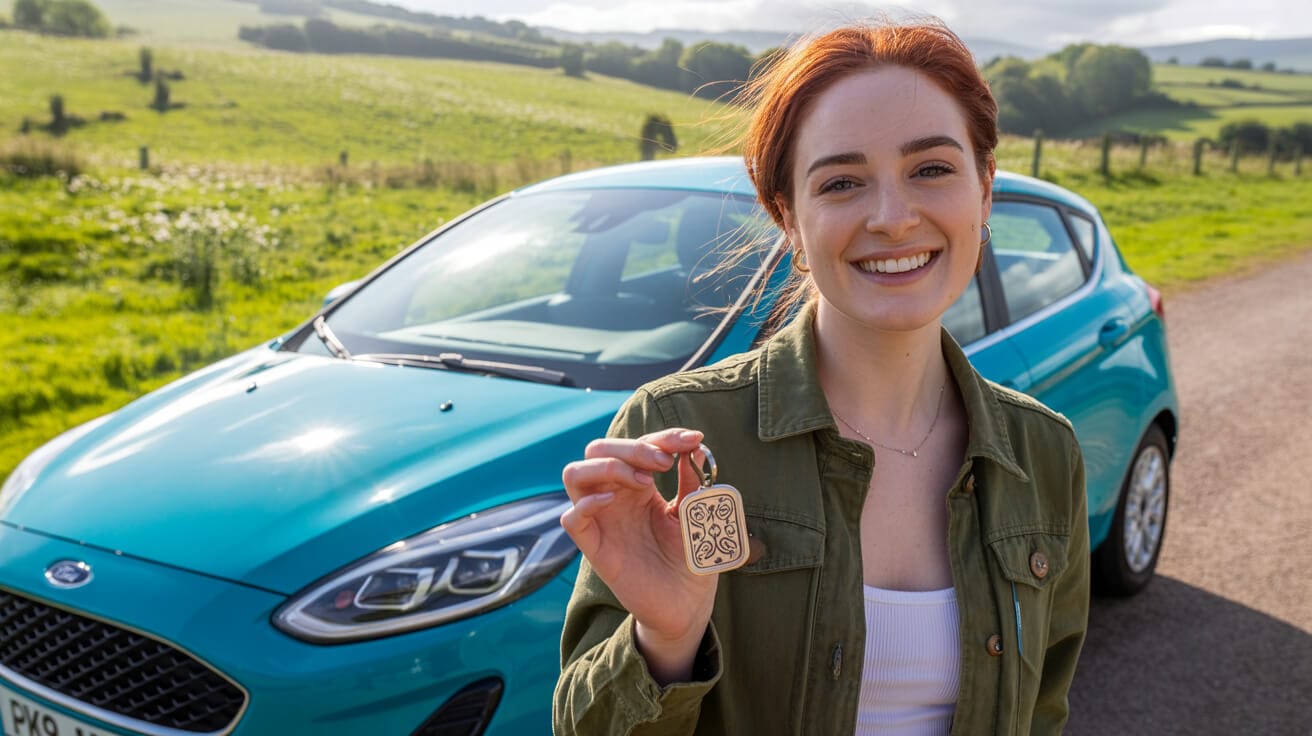
Tags drive far more than supply chains or door locks—they transform how you communicate and build digital identity. In language, tags clarify meaning or mark context, like the “tag questions” that shape conversation (“You did see that, didn’t you?”). Online, tags index content, making your posts discoverable and protecting you from digital oblivion.
The most powerful tags don’t shout—they signal, connect, or protect without fanfare.
How Does Tagging Drive Search—And Why Should Vehicle Owners Care?
Search engines, databases, and smart assistants all rely on well-placed tags to instantly deliver the right result. For vehicle owners, this translates to more secure key programming (when the correct tag is present, the car won’t start for the wrong person) and easier discovery of products or services (like finding an accredited auto locksmith who fits your make and model). Key information—your location, make, year, and immobiliser type—must align with both digital and physical tags to ensure a perfect match.
Fail to tag your data (or use the wrong tags) and you risk wasted time, lost money, or even a security incident.
How Do Social and Security Tags Impact Your Digital Reputation?
Hashtags, geotags, and tagged photos build communities and narratives online. But with their power comes risk: a wrongly tagged image or misapplied credential can damage reputation, trigger disputes, or breach privacy. For individuals and businesses, controlling which tags are linked to your persona (or your company’s name) is as vital as locking your car or securing your home.
Secure, verified tag management—especially for car keys, access fobs, or digital profiles—now guards both your digital and real-world footprint.
In What Ways Have Tags Become Critical to Art, Ownership, and Authorship?
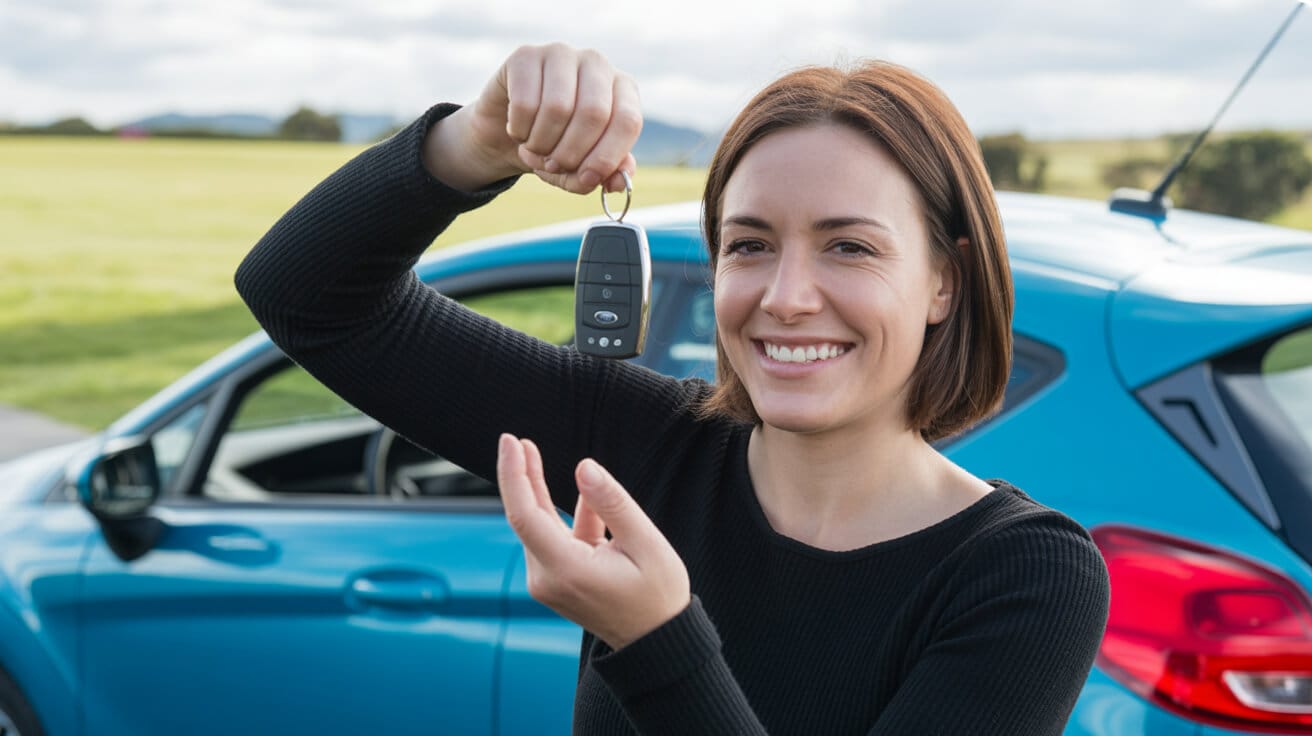
Tags aren’t just for products or protection. In creative industries, they mark authorship, guarantee provenance, and manage rights. Artists sign works with visual tags or embedded metadata; musicians add sonic tags to tracks to protect intellectual property; filmmakers and photographers rely on tagging for organising, sharing, and licencing.
A secure tag—whether digital blockchain, RFID, or a unique QR—proves ownership and deters counterfeiting. For vehicle owners, this ensures that any newly programmed key is uniquely tied to your car, your identity, and your rights as an owner.
Why Does Tagging Matter for Compliance, Warranty, and Insurance?
When something goes wrong—a stolen car, a warranty claim, or a missing part—tagging is your lifeline. Secure tags let you trace ownership history, verify compliance (such as GDPR or ISO 26262/SAE 21434 for automotive security), and defend value. Autolocks Ltd not only programmes keys and credentials, but documents each authorised event in encrypted, auditable logs—leaving a defensible record for insurance or regulatory needs.
Security means certainty. Every tag is a receipt for trust—guard it well.
How Do Modern Tags Protect Data, Privacy, and Fleet Operations?
As digital credentials gain power, the risk of data leaks or unauthorised use rises. Payment cards, e-health passes, and fleet telematics use “smart tags” that carry or reference confidential records. Robust encryption, time-limited retention, owner verification, and secure access controls are mandatory for any reputable provider.
Autolocks Ltd’s standards (data minimisation, role-based access, transparent record-keeping) mean your security isn’t just up to speed—it’s evidentially airtight.
How Are Tags Redefining Security in Modern Vehicles?

For your car, van, or fleet, the modern key is a programmable tag—sometimes physical, sometimes digital, and always secured by a chain of authorisations between user, locksmith, and manufacturer. Losing an old-style key was an inconvenience; losing control of a digital credential can immobilise a business or expose sensitive data.
Every replacement, programming, or update needs strict identity checks, seed-key authentication, and guaranteed non-destructive methods. Only certified professionals, like Autolocks Ltd, access these security pathways—following standards that protect not just your vehicle, but also your warranty and rights.
How Do Secure Vehicle Tags Prevent Unauthorised Access or Key Cloning?
Chipped keys and smart fobs contain encrypted RFID or transponder tags that must match digital records in your vehicle’s body control module (BCM) or gateway. Without the right credentials, the engine stays locked—or even starts but stalls immediately to prevent theft.
Newer systems combine radio, BLE (Bluetooth Low Energy), NFC (Near Field Communication), or UWB (Ultra-Wideband) signals, each with rolling codes and cryptographic handshakes, to defeat cloning and replay attacks.
- Confirm your identity and vehicle eligibility before any programming.
- Use manufacturer-certified tools to programme or replace transponder, smart fob, or digital key.
- Demo all functions (unlock, start, alarm) on site for your assurance.
- Record who, when, and what was programmed in an encrypted, audit-ready log.
- Provide robust aftercare—warranty details, update reminders, and secure storage recommendations.
These steps are the difference between a quick fix and bulletproof, warranty-safe protection.
Why Should Business Owners Update Tagging and Security Practices Regularly?
The pace of change in vehicle systems is relentless. Security tags, key credential formats, and radio protocols evolve—BLE or UWB digital keys are now normal in new fleets. Ignoring updates exposes assets to theft, recall issues, or compliance penalties. Making the switch from outdated access methods to secure, auditable tags puts you in the driver’s seat—literally and figuratively.
Your investment in professional vehicle security isn’t just about today’s threats; it keeps your business, vehicles, and data ready for tomorrow’s challenges.
Security that adapts doesn’t just protect—it multiplies value across your fleet.
Bullet List: Why Tag Evolution Is Good for Your Vehicles
- Stronger (rolling-code) tags stop easy key cloning.
- Digital credentials offer remote disable and audit trails.
- Regular tag updates keep you compliant with laws and insurance.
- Professional programming ensures every tag is uniquely tied to your vehicle.
What Is Next—And Why Are Tags Quietly Running the Future?
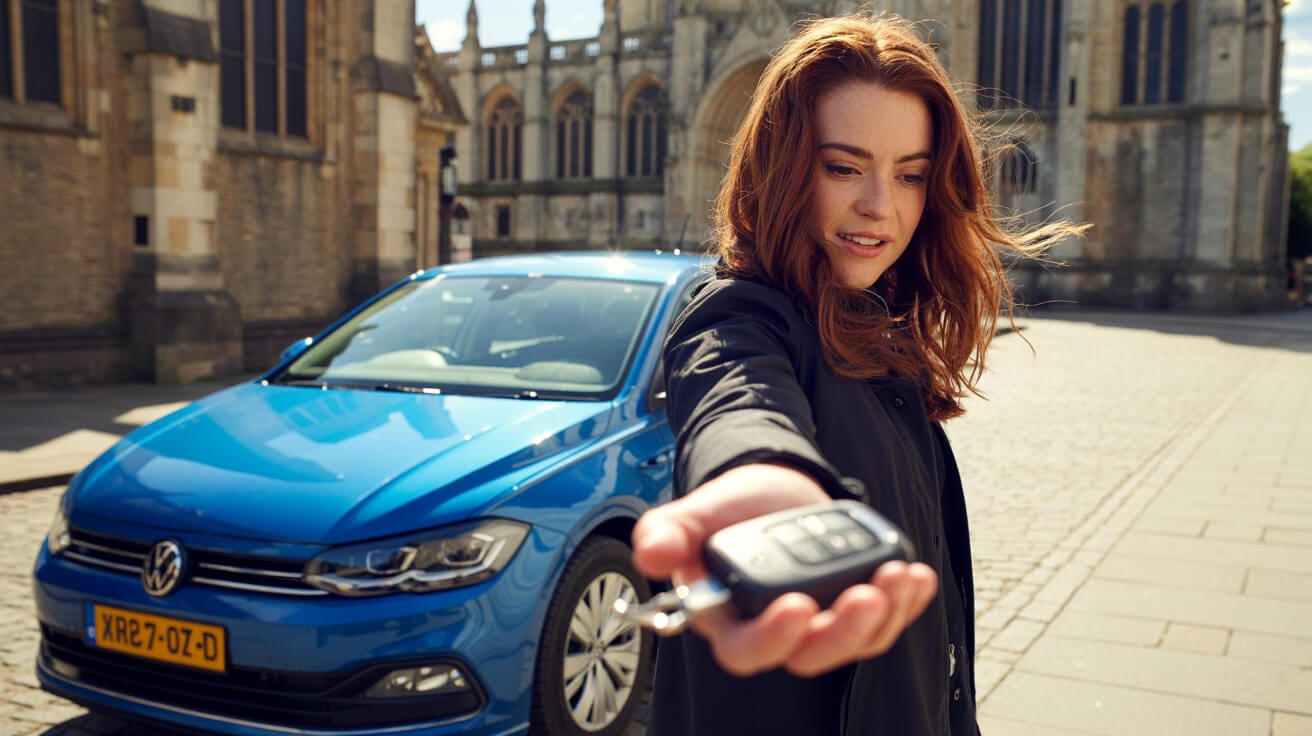
The tag’s journey—from scribbled label to encrypted digital passport—marks the rise of a world where identity, access, compliance, and creativity blend seamlessly. Today, as a vehicle owner, fleet manager, or security-minded business, your security depends on tags that are not only invisible and efficient, but also expertly programmed, regularly updated, and fully auditable.
Choose Autolocks Ltd when your secure access, vehicle management, or peace of mind matters most. If you value precision, compliance, and expert service—delivered transparently, with documented care and future-proofed credentials—we’re ready to help.
Frequently Asked Questions
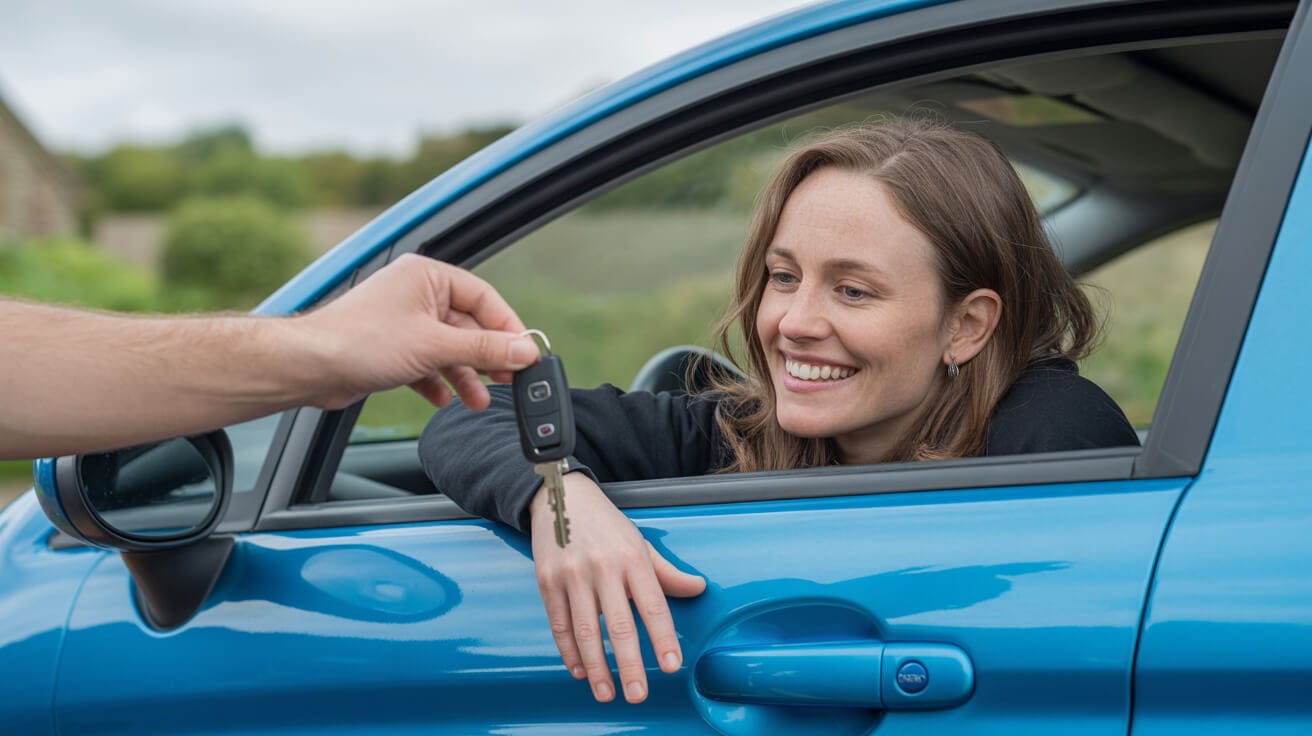
How does digital car key programming actually make your car unstealable—and your repairs future-proof?
Digital car key programming isn’t a luxury; it’s the firewall standing between your vehicle and modern theft—including cloned fobs, interceptors, and software hacks. When Authenticated keys are synced using live cryptography, your car’s immobiliser won’t even allow ignition unless the digital handshake matches your VIN, ownership, and encrypted module history. This is baked into every new Ford, BMW, VAG, or Toyota rolling off the line—even a flawless metal cut is useless without its chip being properly coded.
Criminals hunt for shortcuts, but security is enforced at the chip level, not the blade.
Why does a locksmith need diagnostics and not just a box of keys?
Every make has its own authentication maze: different transponders (ID46, ID48, 4D, AES, Toyota 70/80) and rolling codes, all hardwired to accept programming only from certified tools and via strict owner authorisation. Autolocks Ltd’s mobile service brings OEM protocols to your door, logging every step—who programmed what, for which module, when, and with what outcome—so your new key can be proved for warranty, insurance, and future resale.
- If programming isn’t logged to the vehicle, expect lockdown: anti-theft can brick the car entirely.:
- Audit records protect you if anything goes wrong—now or two MOTs down the road.:
- Every Autolocks job leaves a digital and photo trail, closing any “ghost key” risks—no guesswork, no grey area.:
What really ramps a simple lockout into a crisis—and what simple steps prevent it?
A 30p coin cell, a surprise rainstorm, or an unnoticed chip fault can take you from errands to stranded faster than you can blink. Most lockouts hit because a fob battery quietly dies, a key circuit corrodes from a decade of British drizzle, or an RF signal gets blocked at a parking garage. Yet “unlucky” owners often make things worse by reaching for the wrong “universal” keys or battery swaps, missing the networked nature of modern systems—where every failed signal can escalate to a total immobiliser lockout.
What shakes most drivers isn’t a lost key, but a system that can’t tell a friend from a foe.
What do the best responders do that roadside rescue can’t?
Autolocks Ltd doesn’t just open doors—they scan every error channel, pin down if a LIN node or CAN gateway failed, and programme fixes that are as irrefutable as they are fast. The truth: a cheap fix can trip a silent fault, void your warranty, or trigger a lockout requiring module reset or even recovery. Only certified programming, with fused logs and aftercare, leaves you less likely to be stuck again.
- Store a logged spare key—if one fails, your recovery is instant and fully compliant.:
- Regularly test fob batteries and keep notes updated, not just for convenience but for audit.:
- Ask for every repair to include error log snapshots—claims are much easier with proof in hand.:
Are main dealers the only truly safe option for car key programming—or can certified locksmiths actually give you more?
The main dealer pitch is powerful: your protection comes only from their signature, their desk, and a postcode detour. But today’s best auto locksmiths—think Autolocks Ltd—use identical OEM scan tools, draw parts from dealership supply, and often move faster, cutting middlemen, white-label brokers, or waiting rooms. For most modern makes (BMW, Ford/JLR, VAG, Nissan, Vauxhall), certified locksmiths can code, adapt, and test your modules at home or work, on a clock you can see.
Security is proven when you can see the records—badge or no badge.
What proves you’re dealing with a real pro?
Demand proof of identity and ownership up front. Review the audit trail: photo logs before/after, full time-stamped programming session, signed warranty, and an in-person demo—including anti-theft system checks and explainers if your car supports phone or “smart” keys. Autolocks Ltd issues all this by default, never hiding behind paperwork or passing you to generic “cut/copy” stalls.
- Real providers hand you proof you can forward to insurers and fleet managers instantly.:
- Direct communication—no “broker” obfuscation, no unclear menu pricing.:
- If you can’t audit the credentials, the risk stays with you.:
What UK laws and compliance rules make car key programming a legal minefield—and how do you stay on the right side?
Today’s UK vehicles are locked behind layers of legal and security firewalls. It’s against the law for anyone to cut or code a key without owner ID, vehicle VRM/VIN, and session record—every stage governed by anti-theft regulations, GDPR, and ISO/SAE/Radio frequency standards. This means every reputable locksmith must collect, retain, and encrypt your proof of consent, programming logs, and aftercare, using secure tools and verified parts.
Legal shortcuts create holes in your insurance, privacy, and future claims—sometimes discovered years later.
How do you ensure your service meets all compliance layers?
Expect a demand for your photo ID, a process that logs “who programmed what, on what tool, and when,” and a full after-action report—including digital records you can access for your next MOT, warranty, or insurance audit. Autolocks Ltd exceeds these standards, applying data minimisation, encrypted storage, and rapid review policies—so your information is as safe as the locks themselves.
- Unlicensed or “friend-of-a-friend” keys risk denial of claims, voided warranties, and “ghost” entries in your control modules.:
- Refuse any job without a full compliance walkthrough—your liability is on the line.:
- Demand clarity on how every credential and action is logged, encrypted, and stored.:
How does a certified locksmith actually programme and test a new car key—and where do shortcuts become liabilities?
No modern vehicle will accept a cut key alone—security lives in a layered, stepwise process:
First comes intake (ID/VIN check), followed by network logic scans for faults or theft-block modes. The van must stock the exact transponder and blade for your model—no “close enough” chip swaps. Coding happens only via accredited tools (OBD-II, encrypted USB, in-app authorisation for digital keys), every session logged to your job record and the ECU or immobiliser module. Fast? Yes—from 30 minutes on—but always with a full demo: lock, unlock, alarm, and start, on camera and in person.
A job well done protects against the unknown—audit records outlast memory or good faith.
What is different for digital, BLE, phone-as-key, or smart modules?
Programming a Tesla, BMW, or Toyota digital key means not just pairing, but issuing, revoking, and tracing the lifetime of a digital credential. Every action is recorded in encrypted, owner-accessible logs—no ghost users, no untraceable “guests.” If a provider lacks the right stock or tries “universal” coding tricks, expect failures: intermittent start, blocked access, or post-fix issues that triple your real cost.
- You get every log, every photo, and every session signature for your files and compliance.:
- Your key is always tested and demod—no “we’ll send instructions.”:
- With Autolocks Ltd, repair is a process and a record, not a one-time action.:
In what ways does the Autolocks Ltd approach to car key work turn an urgent risk into an asset—and what does that net you as a vehicle owner?
With Autolocks Ltd, security isn’t just action—it’s visibility, audit, and future value. Every call triggers a live dispatch map, SLA commitment (60–90 min urban average), and a booking-to-handover audit trail that reads like peace of mind: not just a working key, but photographic, logged evidence for your insurance, resale, or claims file. Responsive vans carry all major keyways and transponders, ready for any make or system—from ancient blades to the latest app-based keys.
Security, trust, and transferability: your work is only as good as the log you keep.
What do you walk away with after every job?
An on-site functional demo, digital and paper-proof, warranty and aftercare pack, all encrypted and archived for your lifetime of ownership. Rapid follow-up for any issue, instant pricing online, and a transparent compliance record make your next MOT, insurance, or resale hassle-free. No aftercare shrink, no “we’ll be back tomorrow,” and no disappearing act if things get weird.
- Traceable evidence from first call to last click, for any third party.:
- Photographs, logs, and signatures that follow your vehicle, not just the provider.:
- Frictionless recovery and secure, insured, repeatable service—ready for audit, warranty, or the next buyer.:
Ready to lock in assured protection? See if your car and postcode qualify for fast, traceable service, and get transparent pricing—just a click or call away—with Autolocks Ltd, where every action is proof you can show, not just a promise you hope.

